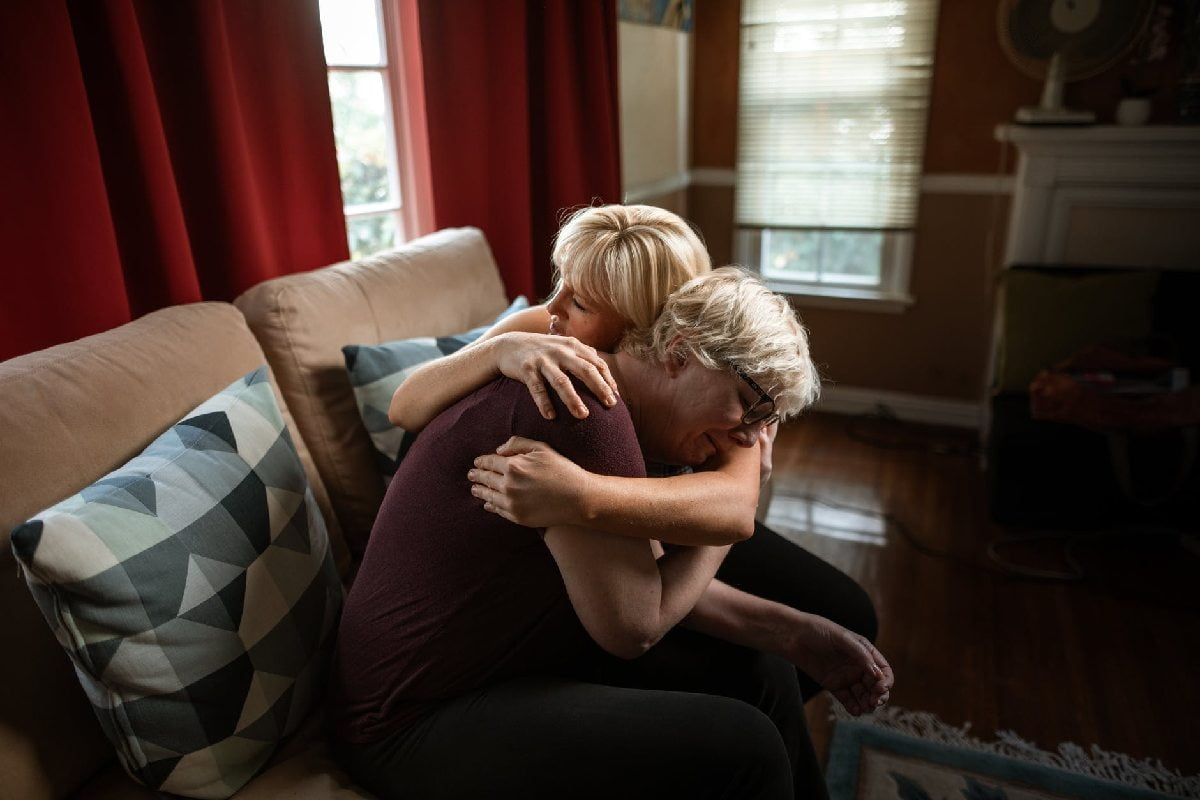
Preparing For a Grim Reality: The Signs and Symptoms of Elder Abuse
Preparing For a Grim Reality: The Signs and Symptoms of Elder Abuse – When we’re forced to make the tough decision to send our older adults to an intensive care facility or some other kind of communal care setting, we’d like to think that we’re sending them to a trustworthy organization where their needs will be met. After all, the whole point of nursing facilities is to provide care that we can’t offer at home, with limited budgets and our modern, fast-paced lifestyles. It was also likely already a tough decision, what with the stigma that most nursing homes carry: having that discussion with your older adult was likely challenging, an agreement on going to a nursing home a near miracle.
Unfortunately, while that stigma is unearned for the vast majority of nursing homes, there are many that harbor abusers. And it’s impossible to tell which ones are safe before you check your older adult in, as even the nursing homes with great overall reviews can have employees that frequently abuse their power. It’s a grim reality that impacts thousands upon thousands of older adults, with the vast majority of cases being widely unreported.
The World Health Organization found that roughly 2 out of 3 healthcare workers have confessed to conducting some form of elder abuse, and those are just the ones that have come forward. Yet, abandoning the idea of putting them in a nursing home doesn’t seem practical, as those facilities still have the ability to care for your older adult in a way that you can’t.
The only way to reliably diagnose elder abuse is in the moment. This article will list some of the most common signs of elder abuse. If you see that your older adult exhibits one or more of these, an investigation is likely warranted.
Significant Changes in Their Typical Habits
This is one of the subtler signs of elder abuse, and yet one of the most common. If you notice that your older adult is withdrawing from activities that they enjoy and is avoiding social situations with others, that could be a sign of various forms of abuse, as all of them tend to inflict mental distress that causes symptoms of depression. Other possible changes in habits to watch for are unhealthy modifications to their eating or sleeping habits, a sudden change in weight (either weight loss or weight gain), abrupt or violent behavior, severe dehydration, or any failure to keep up with their hygiene.
Whatever the cause, all of these are subtle yet significant signs that your older adult is distressed or unhappy with their environment. Moreover, if you notice that these changes in habits are impacting your older adult’s health, it could be a case of the hospital being negligent. Their job is to help your older adult maintain healthy habits, and ignoring the needs of your older adult via negligence is a form of abuse in itself.
Unexplainable “Accidents” And Fear of Staff
Older adults tend to be accident-prone and hurt themselves pretty badly when they fall… it’s just part of getting older. But if you notice that your older adult has had the same kind of accident occur multiple times, it could be a sign they’re being abused. Or it could be a sign that a staff member is abusing your loved one and the hospital is attempting to cover it up.
Any unexplained bruising, or any kind of injury that the hospital cannot provide a reasonable explanation for, must be looked into immediately. If you notice that your older adult has bruising or bleeding in more sensitive areas, such as the posterior or groin, they may have been abused sexually. Pull them out of that environment immediately and call a lawyer with experience in these cases. Also, take note if your older adult has a disproportionately negative opinion or apparent fear of any particular staff members; they may be trying to tell you who their abuser is.
Listening is the Important Thing
The most crucial thing that you can do for your older adult is to listen to them. If they appear perfectly happy where they are and seem like they’re thriving, it sounds like you’ve won the nursing home lottery. They’re living their best life and getting the care they need. But if you notice any signs of distress, depression, or strange injuries, it may be time to dig a little deeper: their happiness and health may depend on it.


